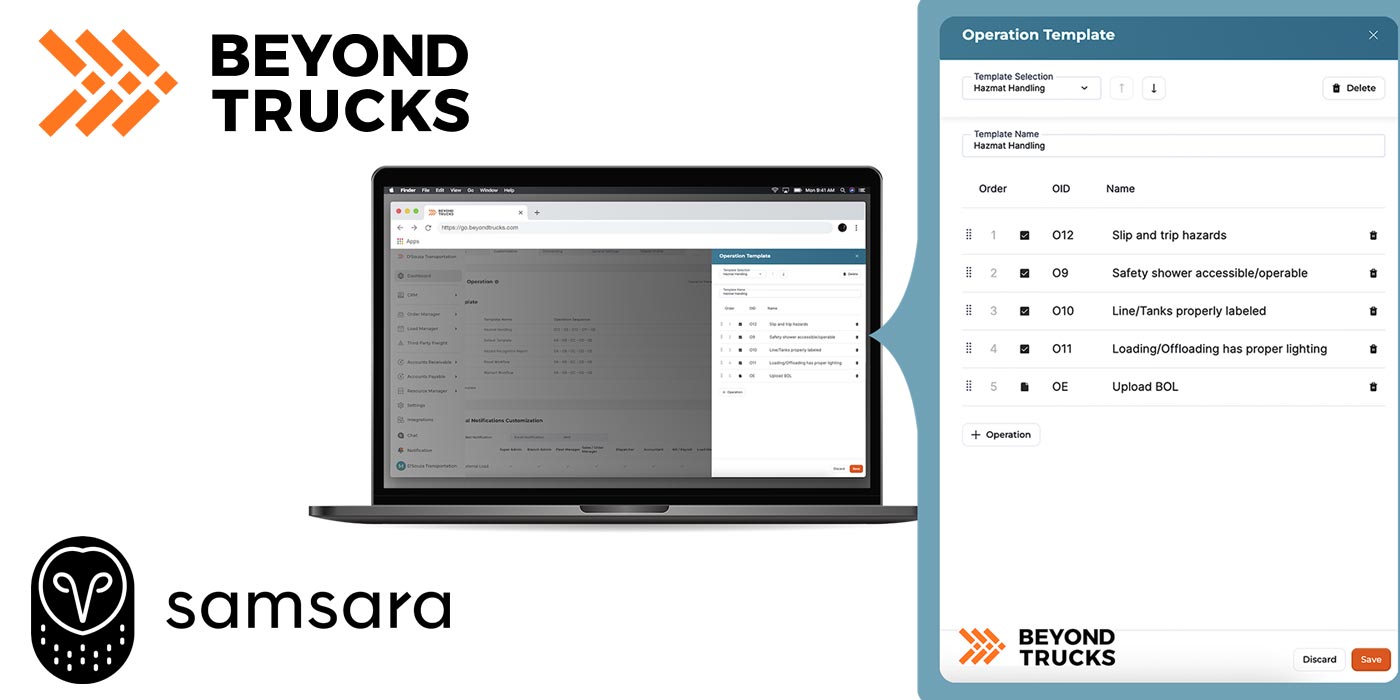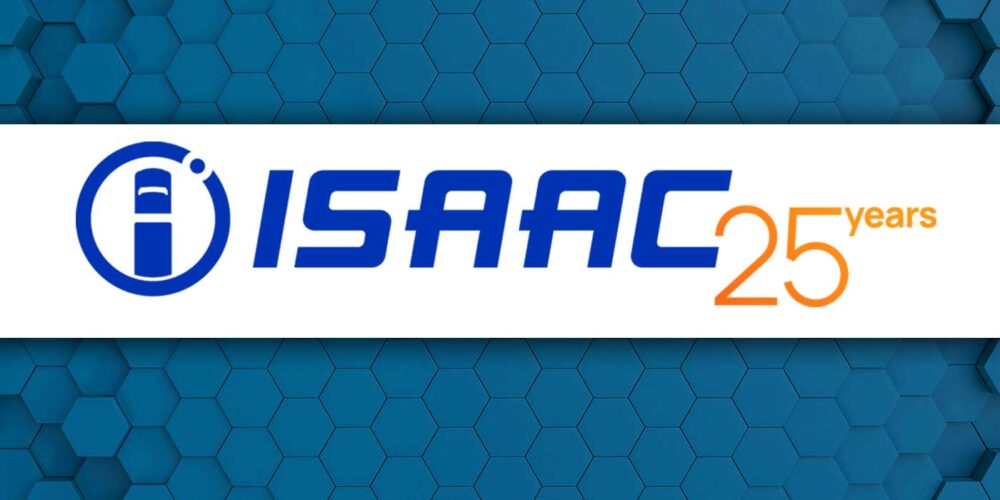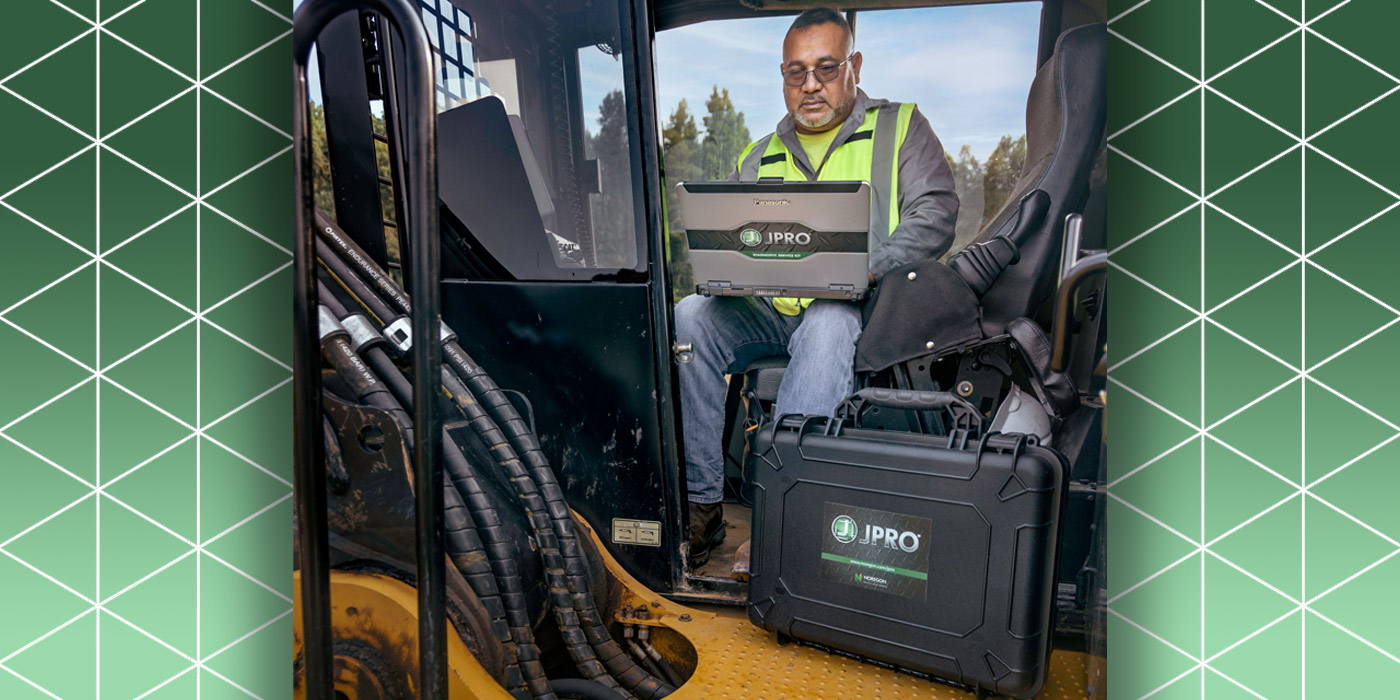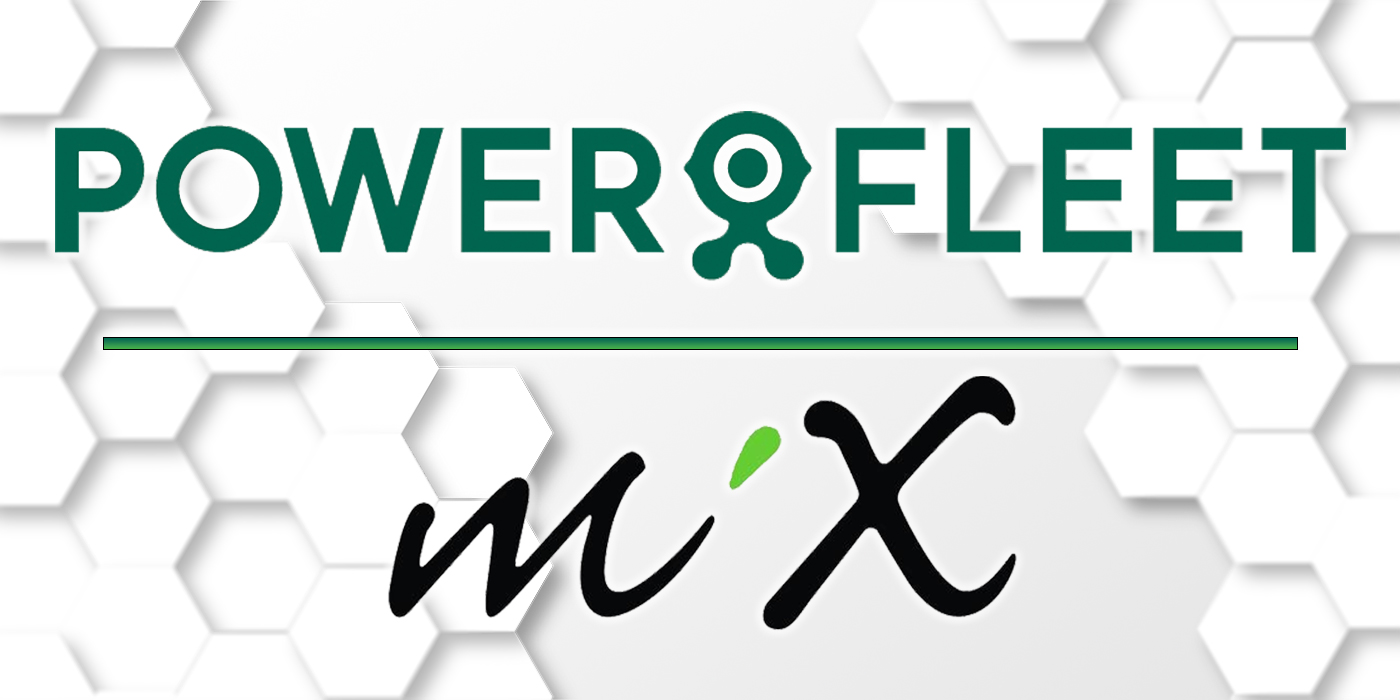Do you know how many devices in your fleet run on a 3G cellular network?
If not, now’s the time to start taking inventory. The so-called “3G sunset” is nigh, with major network providers like Sprint, Verizon, and AT&T set to shut down their 3G service within the coming 12 months. For fleets still operating devices on 3G networks, the window is quickly closing to adopt new devices, deploy them in their fleet and have them operational by the time 3G networks start shutting down.
Though many smartphones can connect to multiple networks, such as transitioning between 3G and 4G service depending on location and network availability, most telematics devices in need of upgrade run purely on 3G, said Doug Schrier, senior vice president of strategy at Transflo. For example, Schrier noted that Transflo’s T7 ELD will need to be updated to the company’s T9 ELD, which runs on 4G, which is a simple unplug and plug-in swap.
Schrier recommends that carriers start making plans now to change out older, 3G-connected units, particularly with the ongoing semiconductor chip shortage plaguing electronics manufacturing. Inventory of new devices could become limited, Schrier said, making it even more pressing for fleets to start the transition away from 3G devices early.
“The 3G sunset didn’t come as soon as we anticipated, with the network operators bumping the shutdown dates some, but make no mistake — it’s coming, and fast,” Schrier said. “Fleets that don’t take stock of devices running on 3G, and replace them, could suddenly lose connection with their telematics units when 3G networks are shut down. That means lost connection to ELDs and fleet management programs, potentially with customers who integrate into fleet management systems.”
And potential fines associated with non-compliance of ELD and reporting functions.
AT&T’s 3G shutdown is expected first, with the provider circling February 2022 as its sunset date. That’s in just seven months. Verizon and Sprint have circled the end of 2022 as their 3G shutdown time period, though neither company has specified a date.
“Now’s not the time to panic, yet,” Schrier said, “but it’s way past time to start taking action on this issue. Trucking fleets that don’t start preparing now are doing a major disservice to their business and to their personnel.”
The upgrade process is more complicated and time-consuming than it sounds. First, trucking companies preparing to migrate away from 3G networks will need to take inventory of their devices. Asset managers and IT personnel should work together to create a list of devices that run on 3G and which trucks they’re in. Then, they’ll need to select new units, and then schedule times for those trucks to be taken out of service and available for necessary device installs. Lastly, they’ll need to communicate these changes to drivers, dispatchers, IT managers and any other relevant fleet personnel, so all parties are prepared for the change.
“Depending on how many units you still have on 3G, the process could ultimately be fairly time-consuming and logistically complex, since it’s not realistic to simply shut your entire fleet down at once to upgrade devices,” Schrier said. “With 3G shutdowns looming, carriers need to have a plan in place as soon as possible to make this transition happen. At this point, there’s still time to work with your providers to upgrade your devices at a reasonable pace. The longer you wait, the harder it will be, and the more likely your fleet could face a serious and costly disruption.”













